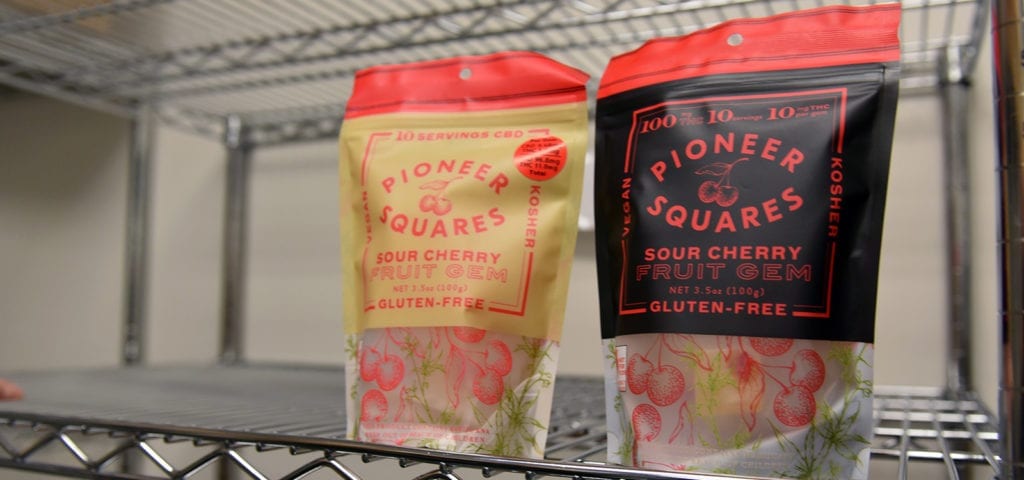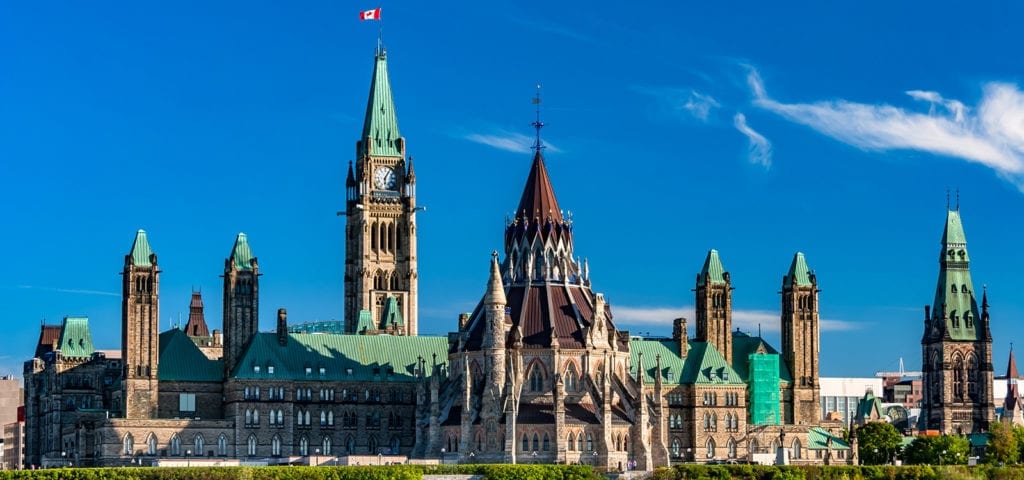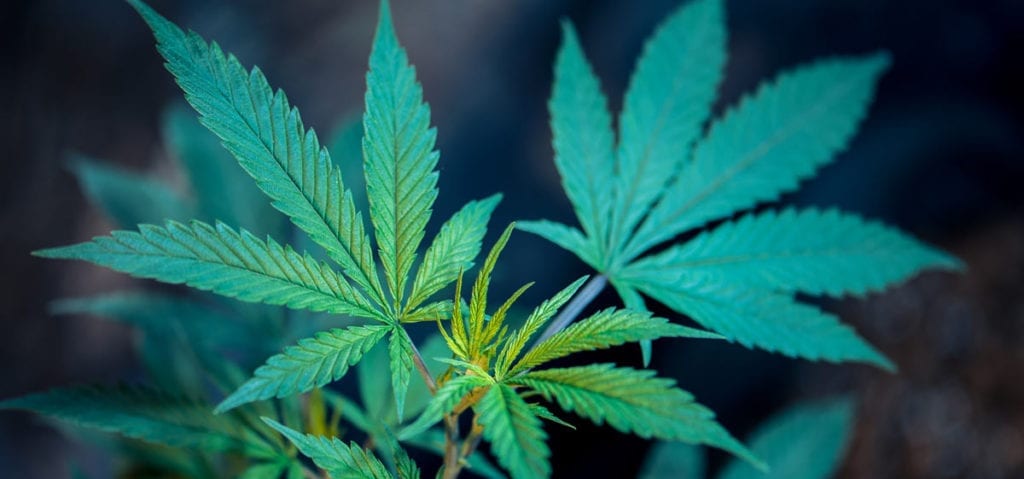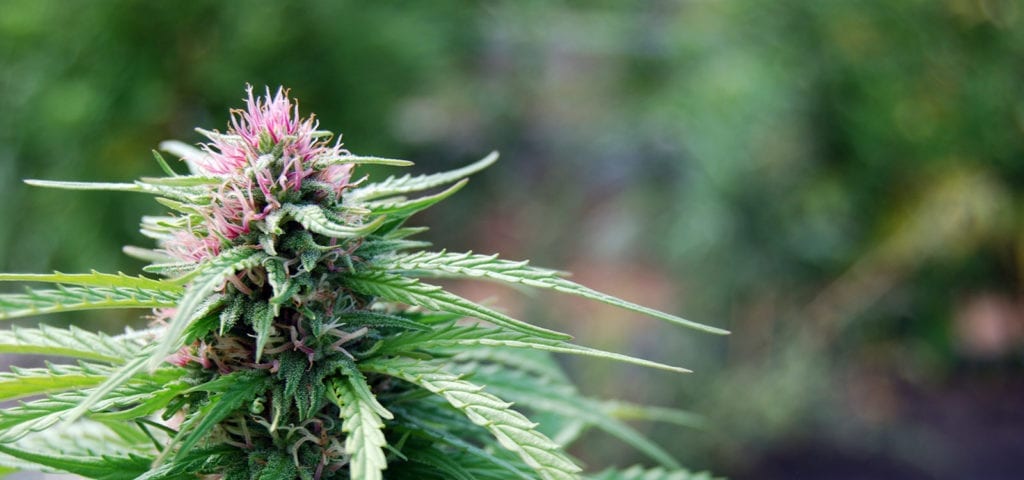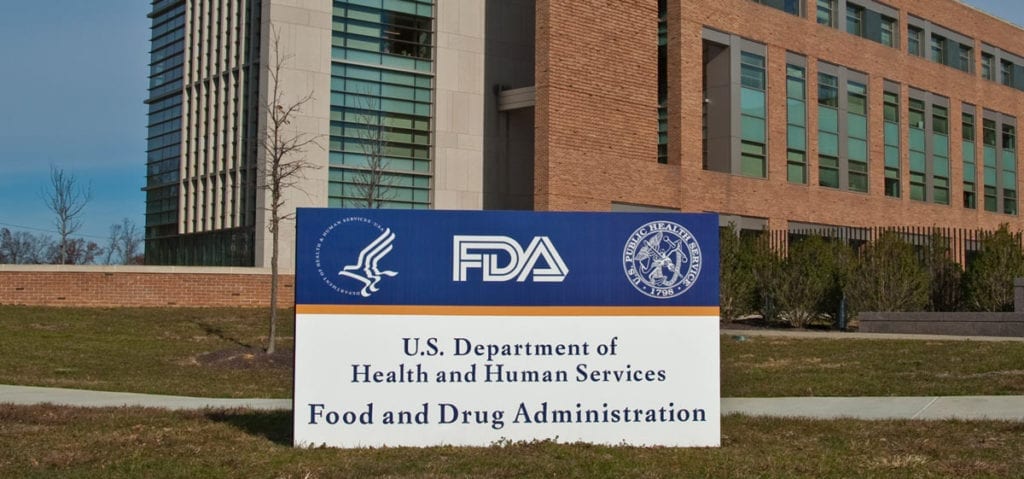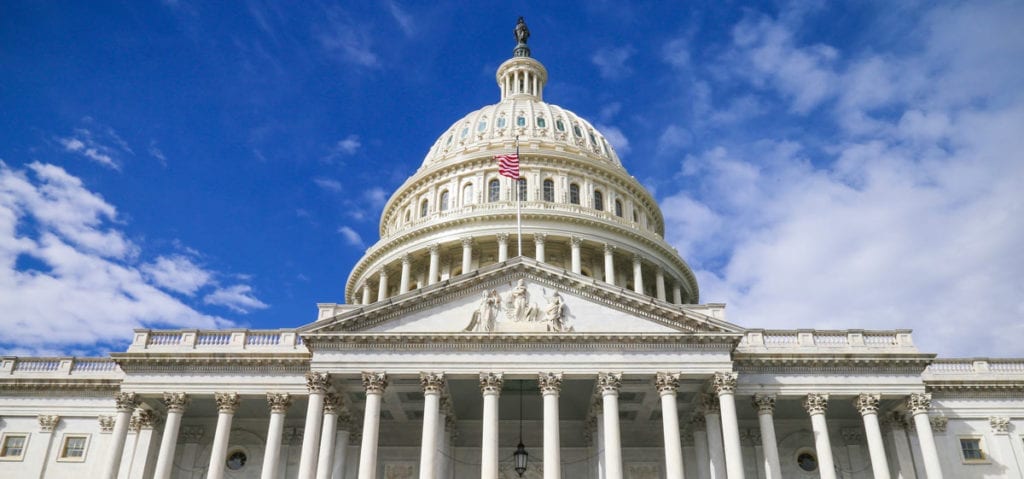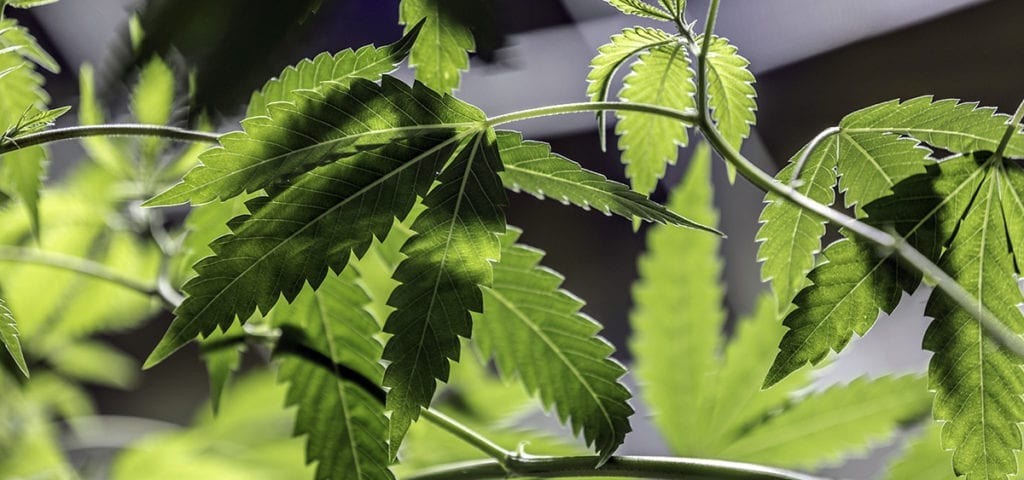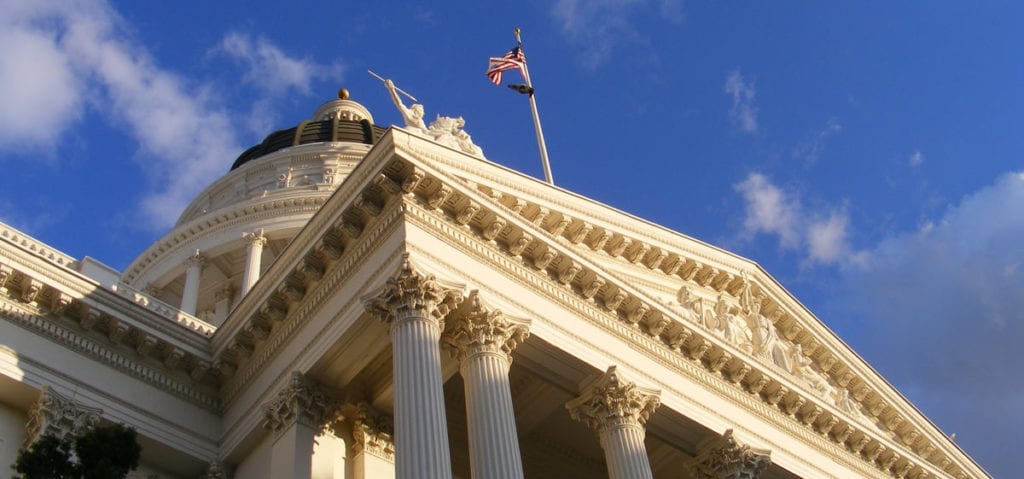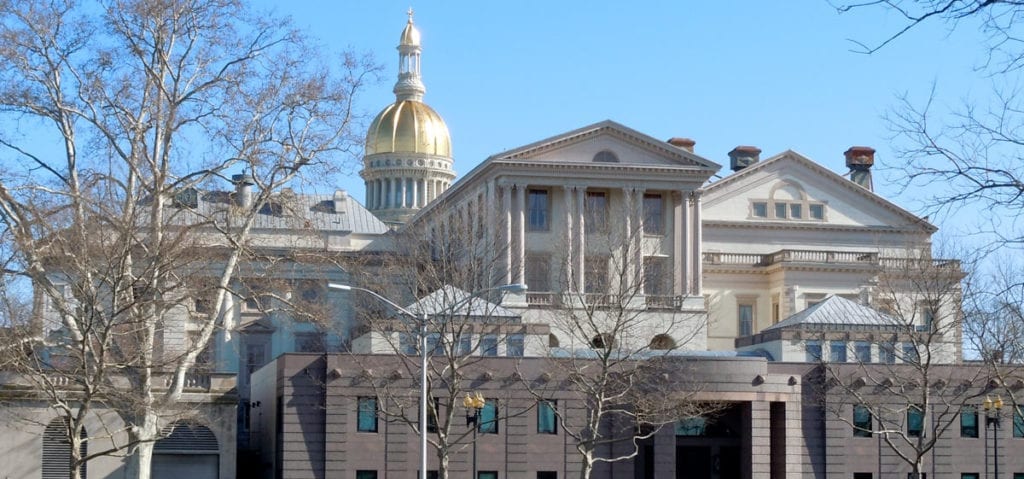Episode three of Canna Cribs — the viral mini-documentary series presented by GrowersNetwork.org that features cannabis entrepreneurs and expert growers from around the country — is now available.
The third episode of Canna Cribs’ first season features Copperstate Farms: a massive 40-acre greenhouse grow in Snowflake, Arizona.
In this episode, follow along with host Nate Lipton and the rest of the Growers Network team as they tour the Copperstate Farms facility, speak with owner Fife Symington, and witness the high-velocity efficiency of their professional medical cannabis cultivation team.
In his tour of the facility, Lipton learns the history of Copperstate’s greenhouse location, gets a detailed run-down of the state-of-the-art gear used by Copperstate’s cultivation, extraction, and packaging teams, and gets to witness the inside of a 55,000 square foot “Mothers Room” with over 100 active strains.
As we learn throughout Episode 3 of Canna Cribs, Copperstate Farms is afforded some unique opportunities by having such a massive facility — and it’s not just their ability to pump out 4,500 pounds of packaged cannabis materials (including bud, trim, and popcorn nugs) per week. In fact, the Copperstate campus is shared by several other commercial entities, including an independent cannabis terpene analytics lab and the chef-driven edibles brand Good Things Coming.
Join Lipton and the rest of the Growers Network team on their adventure to Arizona via the media player below.
Canna Cribs is an ongoing documentary series produced by Growers Network that covers entrepreneurs and pioneers in the burgeoning cannabis industry. Canna Cribs Episode 1 was spent exploring the 350,000 square foot “Glass House” greenhouse in California; Episode 2 took a deep dive into Phat Panda’s cultivation facility in Spokane, Washington. Stay tuned for Episode 4, coming soon!
Growers Network is a private online community for cannabis cultivators and entrepreneurs to share their experiences, discuss the industry, and work together to overcome the many obstacles facing modern cannabis professionals.
To learn more about Canna Cribs or the Growers Network platform, visit GrowersNetwork.org.
End


